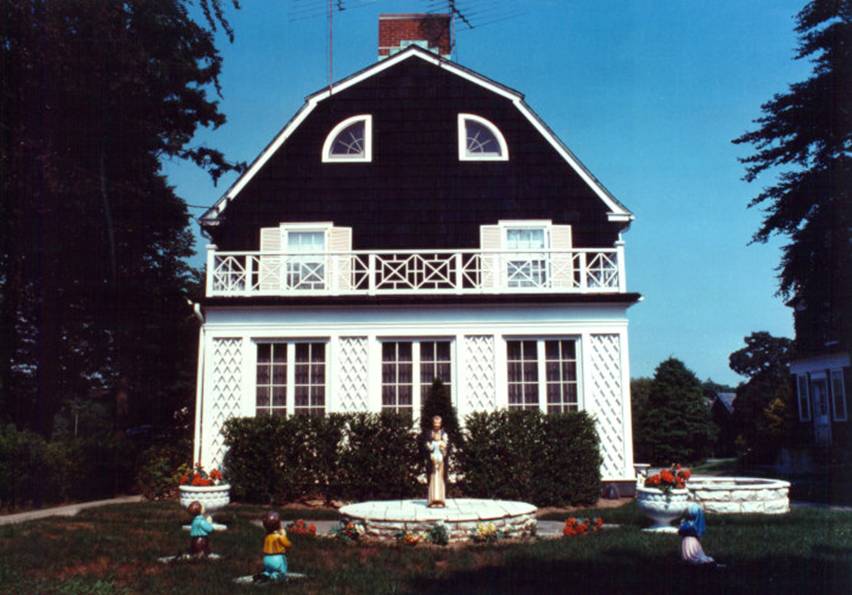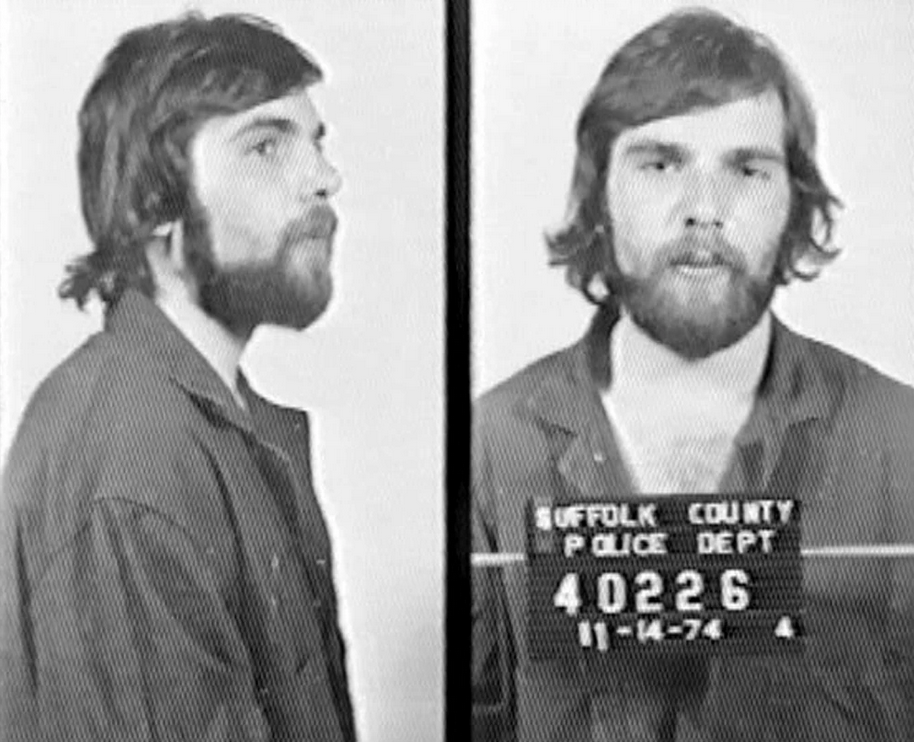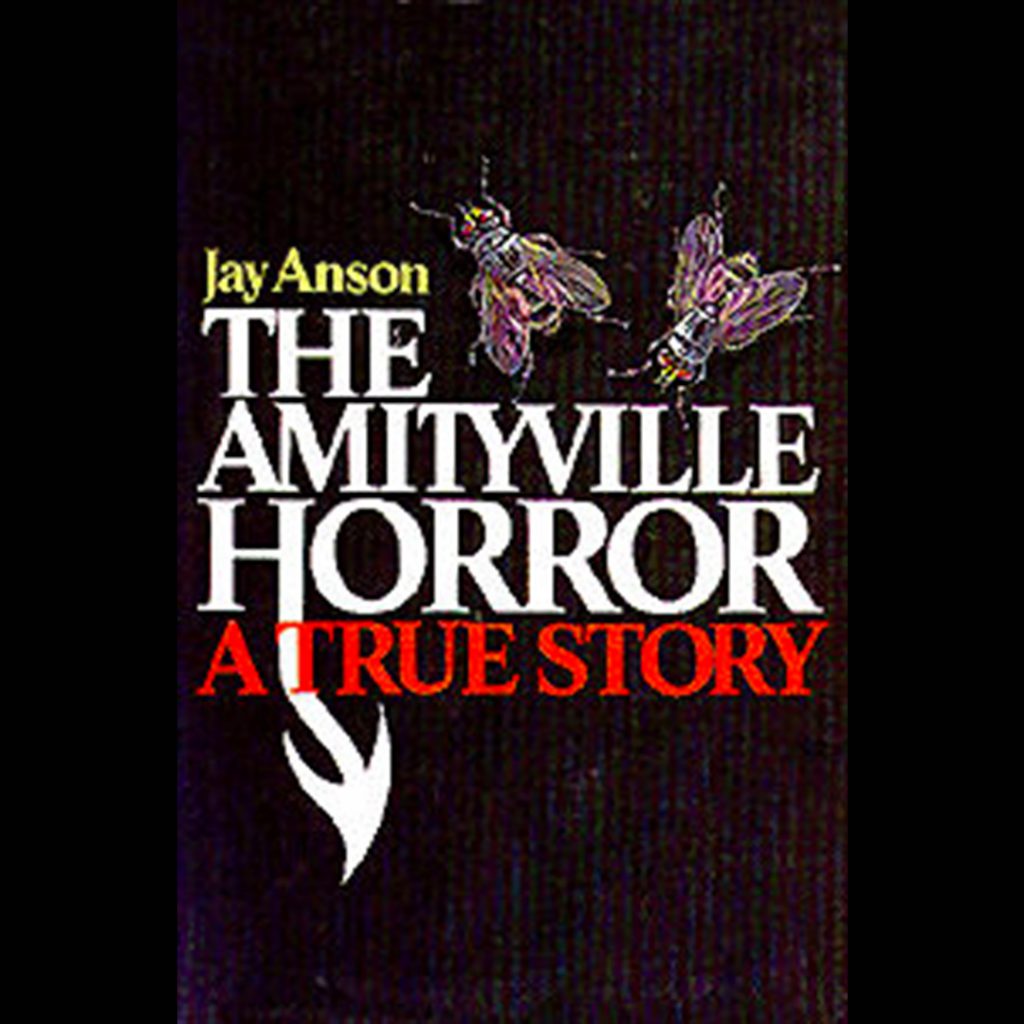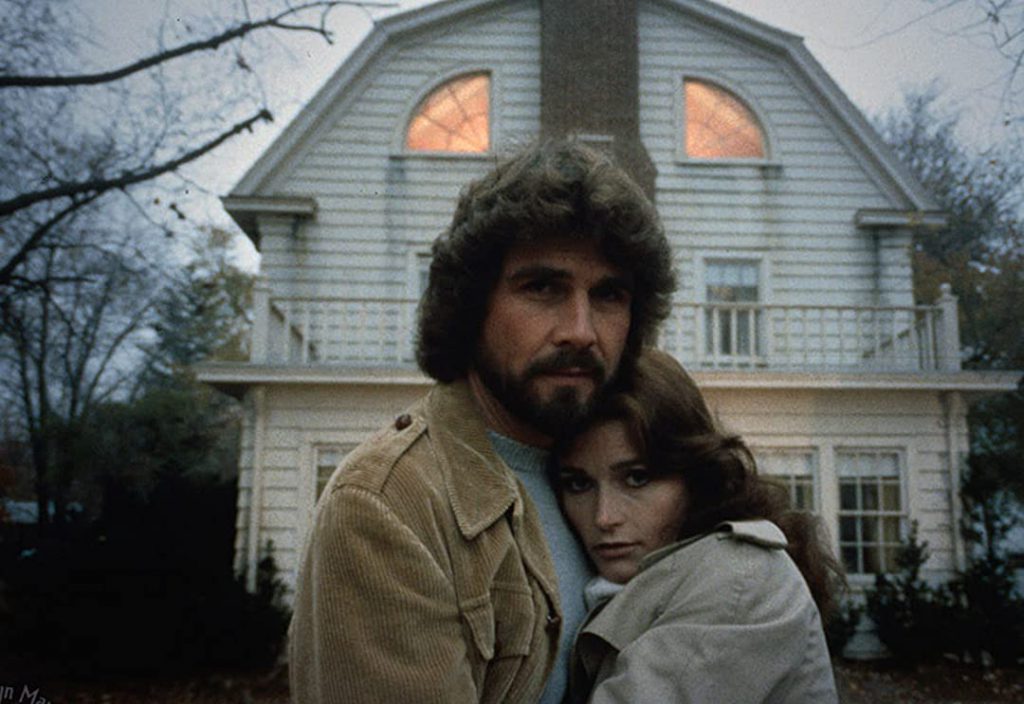For decades, horror has taken inspiration from true crime. One of the most prominent examples is “The Amityville Horror,” a horror movie turned franchise based on the true crimes of Ronald DeFeo Jr.
Ronald DeFeo Jr. was born on September 26th, 1951 in Brooklyn, New York. He was the son of Ronald DeFeo Sr. and Louise DeFeo. He was the eldest of their five children and his younger siblings were Dawn, Allison, Marc and John Matthew. On November 13th, 1974, when DeFeo Jr. was 23 years old, he murdered his entire family at their home on 112 Ocean Avenue in Amityville, Long Island, New York. The family had been living at that home since purchasing it almost 10 years prior in 1965. His parents were both 43-years-old and his siblings were 18, 13, 12 and 9-years-old.

After murdering his family, DeFeo Jr. fled to Henry’s Bar, which was not far from the family home, and declared “You got to help me! I think my mother and father are shot!” DeFeo Jr. and a group of bar patrons went back to the house, where his parent’s bodies were discovered. The Suffolk County Police Department was called and upon their investigation, they found that his four siblings had also been shot in their beds. They soon learned that the six victims had been shot using a .35 caliber lever action Marlin 336C rifle around 3am that morning. Each of the parents were killed with two shots, while the siblings were killed with one shot each. All six of the victims were found lying face down.

DeFeo Jr. was taken to the police station for his own protection, as he alleged that the murders had been committed by local mob hit man Louis Falini. But, when DeFeo Jr. was interviewed at the station, police soon uncovered inconsistencies in his story surrounding the events and the next day, he confessed to the killings. Falini also had an alibi, as he could prove that he was out of the State during the time of the murders. In an interview, DeFeo fessed up and later admitted that after murdering his family, he’d taken off his blood-stained clothes, taken a bath, re-dressed, discarded the clothes, the rifle and the cartridges before going to work that day. DeFeo Jr. also admitted that he’d drugged the family, however the autopsy reported that no drugs were found in their blood, urine or organs. Police also reported that the rifle used hadn’t been fitted with a sound suppressor, but none of the neighbors reported hearing gunshots fired.
His trial began on October 14th, 1975, nearly a year after the murders were committed. DeFeo Jr.’s defense lawyer, William Weber, gave an affirmative defense of insanity. DeFeo Jr. and his lawyer claimed that DeFeo Jr. had heard his family’s voices in his head plotting against him, so he killed them in self-defense. This insanity plea was supported by Daniel Schwartz, the psychiatrist for the defense. However, Dr. Harold Zolan, the psychiatrist for the prosecution, argued that although DeFeo Jr. was using heroin, LSD and had anti-social personality disorder, he was aware of his actions at the time of the crime. A clear motive for DeFeo Jr.’s killings was never officially determined, however, the prosecution suggested that the parent’s life insurance policies could have been a motivating factor.
DeFeo Jr. was found guilty of six counts of second-degree murder on November 21st, 1975 and on December 4th, 1975 Judge Thomas Stark sentenced him to six sentences of 25 years to life. He was held in the maximum security Sullivan Correctional Facility in Fallsburg, New York. During his time in prison, DeFeo Jr. appealed and requested to the parole board numerous times, but they were denied each time. DeFeo Jr. died at the Albany Medical Center on March 12th, 2021 at the age of 69. The cause of his death is yet to be determined or announced to the public.

While DeFeo’s murder spree is known throughout the true crime world, perhaps the most recognizable piece of this entire puzzle occurred after the killings. In September 1977, author Jay Anson published “The Amityville Horror,” a book that claimed to be based on the paranormal events experienced by the Lutz family. According to Anson, George and Kathy Lutz moved their family into the home on 112 Ocean Avenue on December 19th, 1975. However, they only stayed in the home for 28 days after being allegedly terrorized by a paranormal entity in the home.
According to Anson, the Lutz family was aware of the events that occurred in their new home and they had the home blessed by a judge of the Catholic court. During the blessing, the family alleged hearing a man’s voice demanding that they ‘get out’ of the house. On December 25th, the judge warned the family not to enter the room on the second floor (which had been the bedroom of the two youngest boys) and Anson wrote that he soon developed a high fever as well as blisters on his hands. The Lutz family left the home on January 14th, 1976 and claimed that the paranormal entity followed them to Kathy’s mother’s home in Deer Park, New York.
When writing the book, the Lutz family didn’t work directly with author Anson, instead after being introduced by an editor of the publishing house, they submitted approximately 45 hours of tape-recorded recollections. This book has caused many controversies surrounding the truth of this story, as some argue that the judge only contacted the Lutz family by phone while others claim he entered the house but didn’t notice any paranormal activity. Claims have also been disputed by the home owners who succeeded the Lutz family, neighbors and researchers. The Lutz family maintains that the events described in the book were mostly true and in 1979, the couple participated in a polygraph test that concluded they weren’t lying.

Anson’s story was adapted into a 1979 film of the same name, which would go on to become one of the highest grossing independent films of all time and the score was nominated for an Academy Award. This film would spawn an impressive horror franchise, with 20 sequels, nine of which are included in the main Amityville Horror film series. Many other famous horror movies have depicted the events of the Amityville haunting, notably 2016’s “The Conjuring 2.”

What do you think of the Amityville murders and alleged hauntings? Do you believe that this home is actually haunted? What’s your favorite horror movie based on a true crime story? Let us know your thoughts in the comments section on social media.



